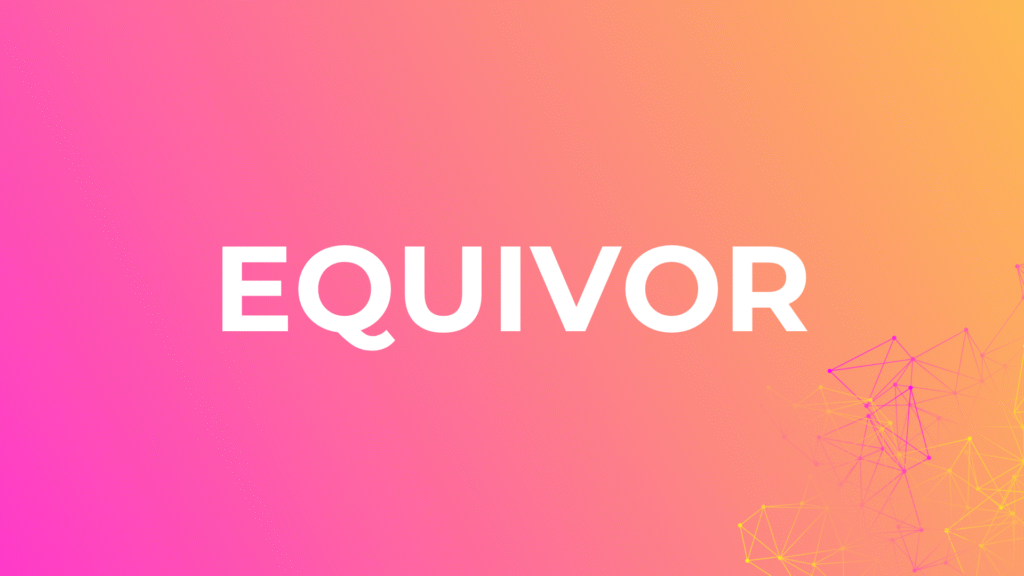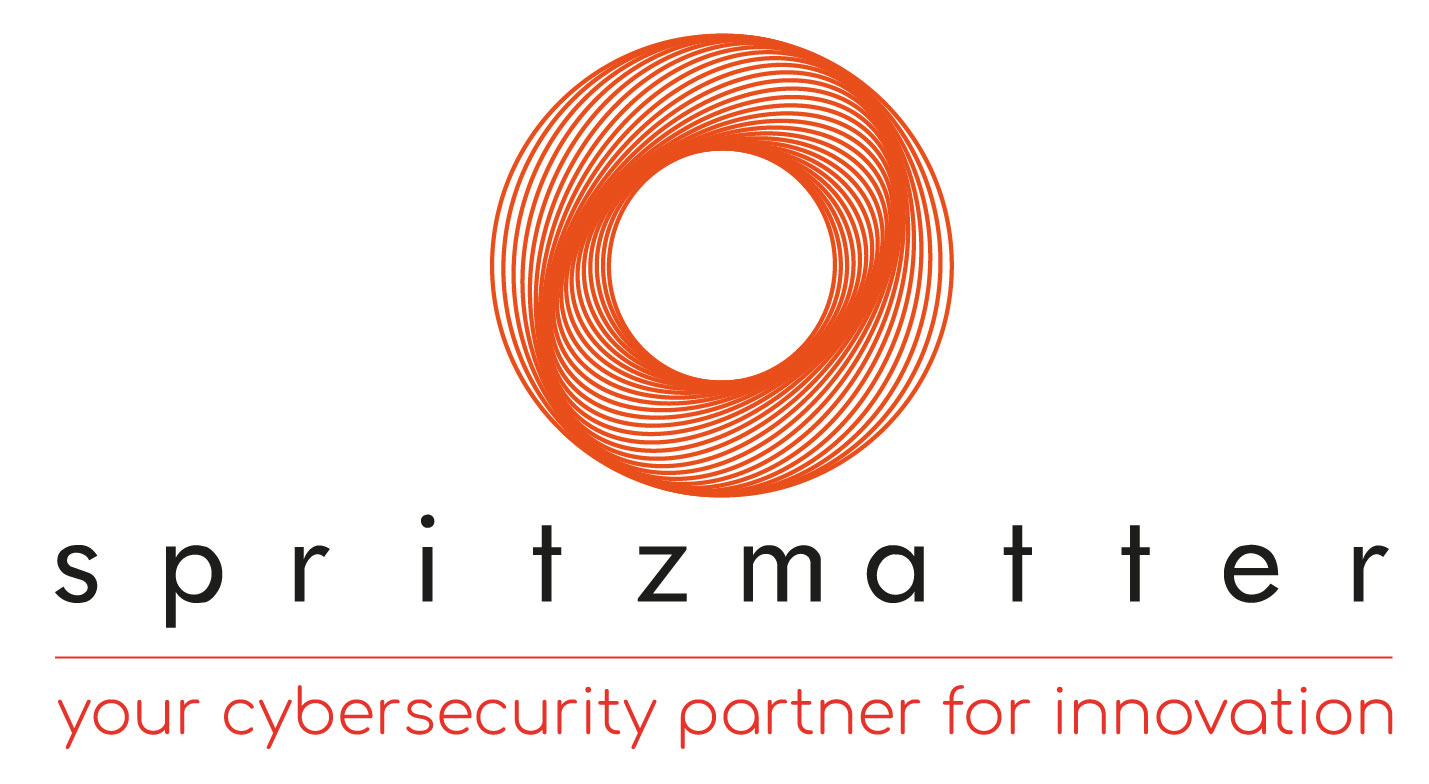EQUIVOR

EQUIVOR (Equivocation-Resistant Consensus for Distributed Ledger Technologies) is an innovative project that introduces a lightweight, energy-efficient consensus protocol designed specifically for sharded blockchain systems. As the demand for scalable and high-throughput blockchain solutions increases, particularly in sectors like decentralized finance (DeFi) and supply chain management, the use of sharding has become essential. However, this approach introduces new vulnerabilities, most notably equivocation, where malicious validators send conflicting messages to different shards, potentially leading to forks, double-spending, and overall breakdown in trust. EQUIVOR addresses this challenge through the Dynamic Equivocation-Resistant Consensus (DERC) protocol, which enhances security and trust without adding communication or computational burden. The solution is built around three core innovations: a state-analysis heuristic framework that monitors validator behavior using models such as Finite State Machines and Markov Chains; a one-time voting mechanism that ensures validators can only cast a single, cryptographically bound vote per state transition, using tools like elliptic curve cryptography and Merkle Trees; and a probabilistic equivocation detection system that leverages Bayesian inference and machine learning techniques such as Hidden Markov Models and Gaussian Mixture Models to predict and prevent malicious behavior in advance. EQUIVOR aligns closely with TrustChain’s objectives by significantly reducing the energy consumption associated with consensus mechanisms—by up to 30% compared to traditional protocols—while ensuring high levels of reliability, scalability, and trust.
- Motivation for the project: EQUIVOR is essential for TrustChain as it tackles equivocation in sharded blockchains, ensuring secure, scalable, and energy-efficient consensus. It strengthens trust and integrity in DLTs, aligning with TrustChain’s goals of sustainable, human-centric, next-generation blockchain systems.
- Generic use case description: A permissioned blockchain network adopts EQUIVOR to enhance consensus reliability across shards by detecting and preventing equivocation, ensuring data consistency and system integrity while maintaining low energy and communication overhead.
- Essential functionalities: EQUIVOR provides three key functionalities: (1) a heuristic state-analysis framework to detect validator anomalies, (2) one-time cryptographically bound voting to prevent double-signing, and (3) probabilistic detection to predict and mitigate equivocation risks early.
- How these functionalities can be integrated within the software ecosystem: These functionalities can be integrated as modular components via APIs or SDKs into existing sharded blockchain infrastructures. Their lightweight design ensures compatibility, allowing seamless adoption within TrustChain’s ecosystem without disrupting existing workflows or increasing overhead.
- Gap being addressed: EQUIVOR addresses the gap of secure and energy-efficient equivocation prevention in sharded blockchains. Existing solutions either lack scalability or introduce high overhead. EQUIVOR fills this gap by enabling trust, consistency, and sustainability with minimal resource usage.
- Expected benefits achieved with the novel technology building blocks: EQUIVOR enhances shard consistency, prevents equivocation, and reduces energy and communication overhead. It enables scalable, secure, and sustainable blockchain operations, fostering trust and reliability across distributed systems in line with next-generation DLT goals.
- Potential demonstration scenario: A potential demonstration scenario involves deploying EQUIVOR in a controlled sharded blockchain testbed to validate its ability to ensure consistent state transitions, detect equivocation attempts, and operate efficiently under realistic conditions with minimal resource consumption.
Team

Mauro Conti
Full Professor at the University of Padua, President of Spritz Matter and cybersecurity expert, leading the SPRITZ research group with extensive experience in blockchain and distributed systems.

Sonia Saccon
Project manager with strong expertise in coordinating EU-funded research projects and ensuring timely delivery of technical milestones.

Gulshan Kumar
Blockchain researcher and developer specializing in consensus protocols, cryptography, and secure distributed architectures.

Rahul Saha
AI and cybersecurity specialist focused on applying machine learning to anomaly detection and system resilience in decentralized networks.
Entity

Spritz Matter S.r.l.
A cybersecurity and AI-focused startup, spin off from the University of Padua, specializing in scalable, secure, and sustainable solutions for decentralized systems.
Website: https://spritzmatter.com/

